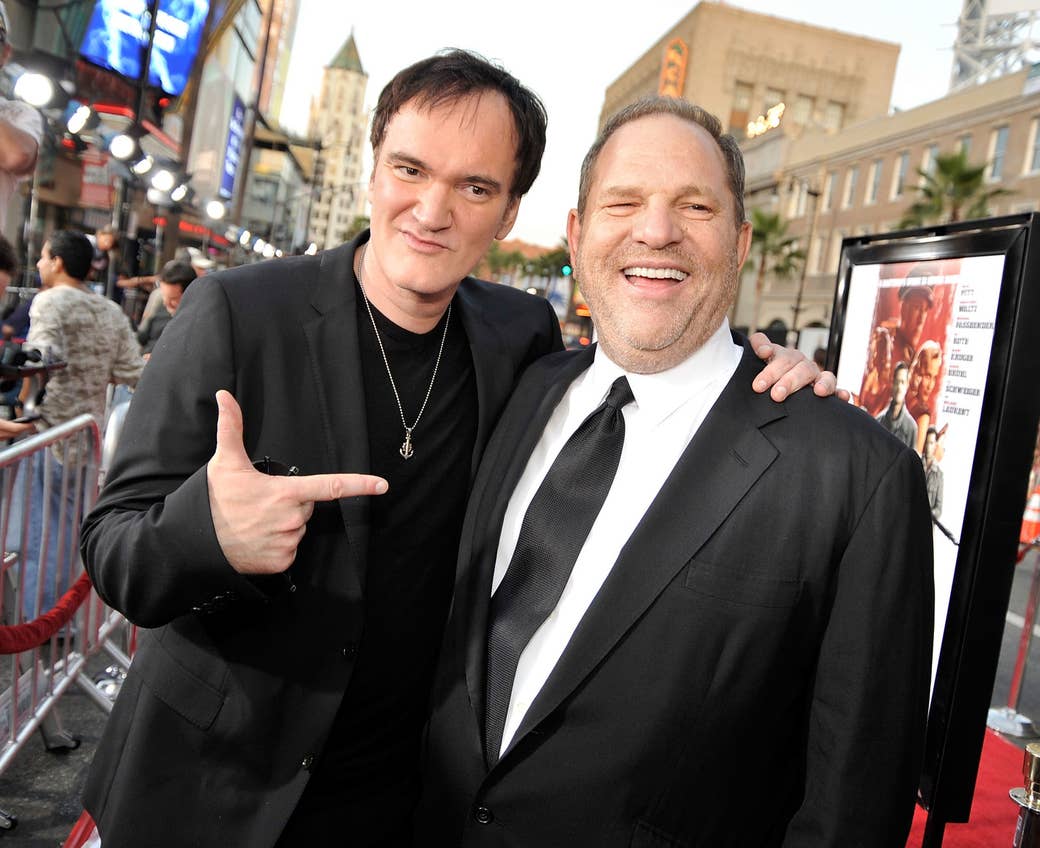
Harvey Weinstein built his career on art made outside the system. He got his start putting out films like Errol Morris's The Thin Blue Line, which got a wrongly convicted man freed from prison; and Sex, Lies, and Videotape, Steven Soderbergh's edgy lower-budget landmark; and Paris Is Burning, Jennie Livingston's invaluable exploration of New York City drag balls — and many, many more. He made his name and his fortune releasing work the mainstream wouldn't support, ones from first-time filmmakers, queer filmmakers, and foreign filmmakers. It's a fact that tends to be forgotten or brushed aside when taking in what started as a trickle of infuriating and sickening stories about his sexual misconduct, and has now grown into a flood of harassment and rape allegations. Weinstein represents something more complicated to grapple with than the industry insider toxicity he's now becoming an emblem of.
Weinstein, with his alleged robe-clad massage requests, does come across as a classic Hollywood horror in these accounts, reportedly chasing women around a room like some executive producer–as-nightmare satyr. The stories of his casting couch nastiness are so outrageously regular in their patterns, practically a company-enabled routine, that it might be tempting to think of his ouster as a much-needed exorcism of a lingering boogeyman from the bad old days. It makes sense to draw a line from Weinstein back to someone like MGM's Louis B. Mayer, who was as adroit at building up his studio in the ’30s and ’40s as he was at terrorizing women who came through it. But in some ways, it simplifies what Weinstein has always represented to place him in the context of that vile but established pattern, which may be why his former adviser Lisa Bloom called him "an old dinosaur" as a strange defense — before she quit, and before he was fired on Sunday from the company that (for now) still bears his name.

But Weinstein is far from the last abuser in the industry, even if his behavior was an especially infamous open secret. And his is far from just a Hollywood story, given how much of his success came from finding and leveraging voices from outside Hollywood. It's also a story about independent film, this alternative world that started apart from but has become increasingly entwined with the establishment. Indie film is where Harvey Weinstein and his brother, Bob, got their start back in 1979, with their first company, Miramax, the one they named for their parents and shored up by releasing Pedro Almodóvar titles and movies directed by women like Jane Campion and Leslie Harris. It's through the monetizing of works made outside the American studio system that Weinstein was able to start accruing the clout he liked to throw around so much.
You can look at Weinstein's comeuppance through the lens of fellow accused showbiz serial predator Bill Cosby. He certainly did — former Weinstein Company employee Emily Nestor told the The New Yorker he was "very weirdly proud" about how "he’d never had to do anything like Bill Cosby." You can look at it through Roger Ailes, Bill O'Reilly, and Donald Trump, as a depressing example of how the sexual misconduct of powerful men is the rare bipartisan quality in divided times. But Weinstein's is also the highest profile and most infuriating of what's been a string of revelations of abuse and harassment within indie film institutions over the past few months. 2017 has been a wretched year for many reasons, and one of them has been the reminder than cinephilia is no safe space for women.
In August, Cinefamily collapsed.
Cinefamily is a nonprofit that took over the old Silent Movie Theatre in West Hollywood 10 years ago, transforming it into a place where you could watch screenings from couches and then drink wine and talk about what you just saw in the patio out back. Cinefamily's programming, which is currently suspended pending an investigation, ran the gamut from Nickelodeon reunions to Andrzej Zulawski retrospectives, the high and the low and the outlandish and the classic, all mixed together. It was the kind of space for repertory and indie fare that LA, despite being a movie and TV industry town, seems forever short on — an improbable movie lover's dream, a place that was sustained with the help of some hip friends and many volunteers.
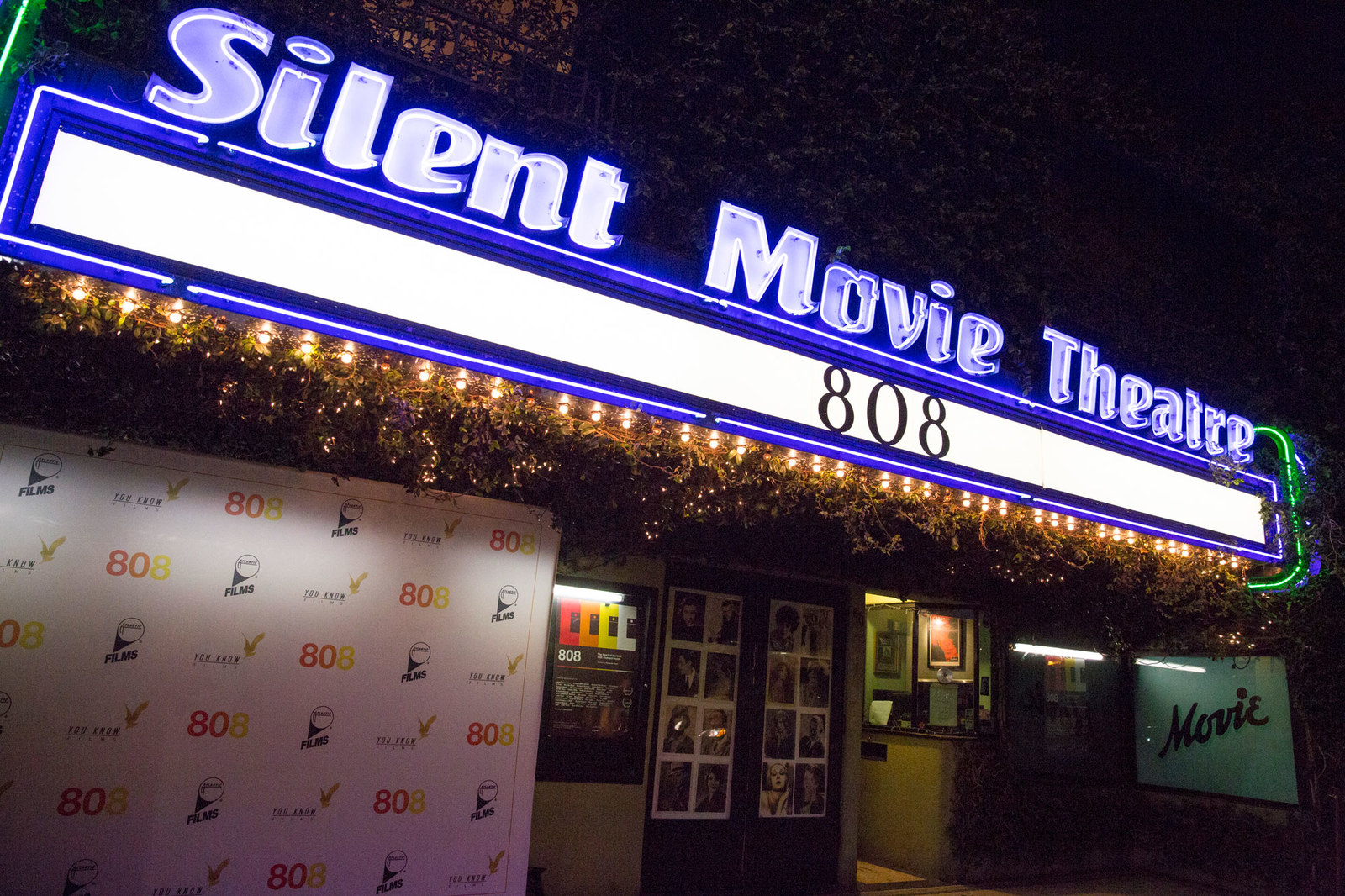
Cinefamily is the kind of local phenomenon with a reputation so singular that it could lure someone like former assistant programmer William Morris from across the country in hopes of working there. But, as Morris himself put it, it was a workplace marked by "an active rape culture" in which female staffers and volunteers were reportedly treated, to intense discomfort, as a dating pool for now-former executive creative director Hadrian Belove and board member Shadie Elnashai. Reading the accounts here at BuzzFeed News, at LA Weekly, and at Jezebel of disillusioned former Cinefamily employees and volunteers what emerges is an organization that sold itself as a community for all film lovers, but that operated as a place in which the men in charge threw around their cultural cachet.
Belove, one of Cinefamily's cofounders, its guiding force, and the reported center of its misogynistic environment, said to LA Weekly back in 2010 that the place's programming process was akin to "making a mixtape for a girl you're trying to impress, in that you want to demonstrate all the possible points of connection, and all the things you thought were awesome in the world." It probably should have been an early red flag that Cinefamily's key personality talked about his work by way of the metaphor of a guy flaunting his pop culture authority in hopes of being rewarded with sex. It's not even the idea of using borrowed cool to get laid — something people have attempted to do for time eternal — that's so irksome. It's how gendered the dynamic he describes is, one of women passively receiving and being dazzled by male authority.
There are no reported claims of sexual assault against either Belove or Elnashai. There was, however, a 2014 sexual harassment lawsuit that was filed against Belove by former director of development Tina Poppy and settled out of court, screenshots of which were included in an anonymous email that set off the events that would lead to Belove's resignation. The lawsuit alleged that "Cinefamily knew that Belove was unfit to be put in a position of authority over women." It also featured details like Belove, in this saga's smaller-scale equivalent of hotel bait and switch, booking a room with only one bed for him and Poppy to share at the Sundance Film Festival. When she objected, Poppy said she was told the organization wasn't going to pay for another one.
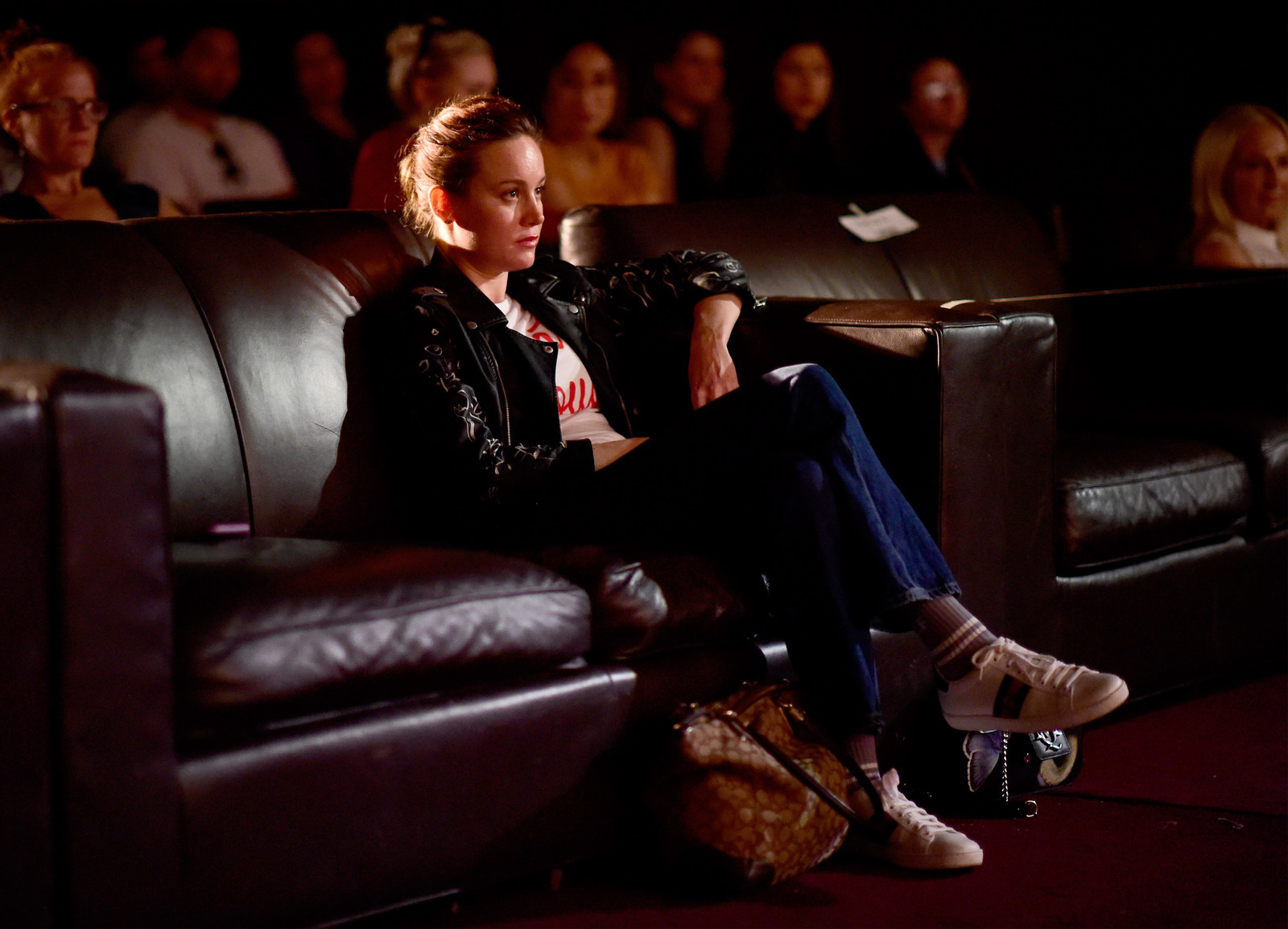
The reality of the indie film realm is that it is by nature less formal, everything done on the cheap and for passion rather than money, fast and loose and supposedly more limber and free than big, stodgy corporations. But it is exactly that aura of here-for-the-love-of-it casual chaos cultivated at a place like Cinefamily that makes abuse so much easier to hide, because it can be brushed away under the guise of someone being uptight, or difficult, of not being a team player and not fitting in. When something like that housing situation is presented as a resource issue for your scrappy arts nonprofit, you're put in a position of having to accept an affront or cede the opportunity to someone else. Working at a place that once touted its female-aimed pajama party screenings has to lose its sheen when you yourself have to share a bed with your creepy boss. It's no wonder so many of these accounts end with women choosing (or being made) to leave.
In September, the Alamo Drafthouse and the annual genre film festival the company helps organize, Fantastic Fest, erupted with an escalating string of controversies.
First came news that the Drafthouse had rehired Devin Faraci (someone who, full disclosure, I know and have hung out with at film festivals), the former editor-in-chief of its Birth.Movies.Death site, after he'd stepped down last year following sexual assault allegations. The revelation that Faraci was once again writing for Drafthouse came by way of surprise bylines on Fantastic Fest programming blurbs. Drafthouse and Fantastic Fest cofounder Tim League (who is also someone I'm friendly with, and whose house I once stayed at during the festival) released a statement in defense of his decision to secretly rehire Faraci. League acknowledged that a "culture of sexual harassment and gender inequality persists in our society and specifically within the film industry," but also said that he felt that Faraci's attempts at rehab and self-examination were sincere and earned him a second chance at employment.
The lack of transparency behind League's call caused a public and internal outcry, and led to the resignation of Fantastic Fest programmer and film producer Todd Brown, who in a pained statement of his own wrote about the history of sexual abuse in his family and about whose right it is to forgive those responsible for assault. "Anyone who has ever suggested that Fantastic Fest and the Drafthouse is just the geek friendly equivalent of the classic Old Boys Club, you have just been proven correct. We have just seen that Club in action. There it is, the Club utterly ignoring the victim while it creates a protective ring around the perpetrator," he stated.
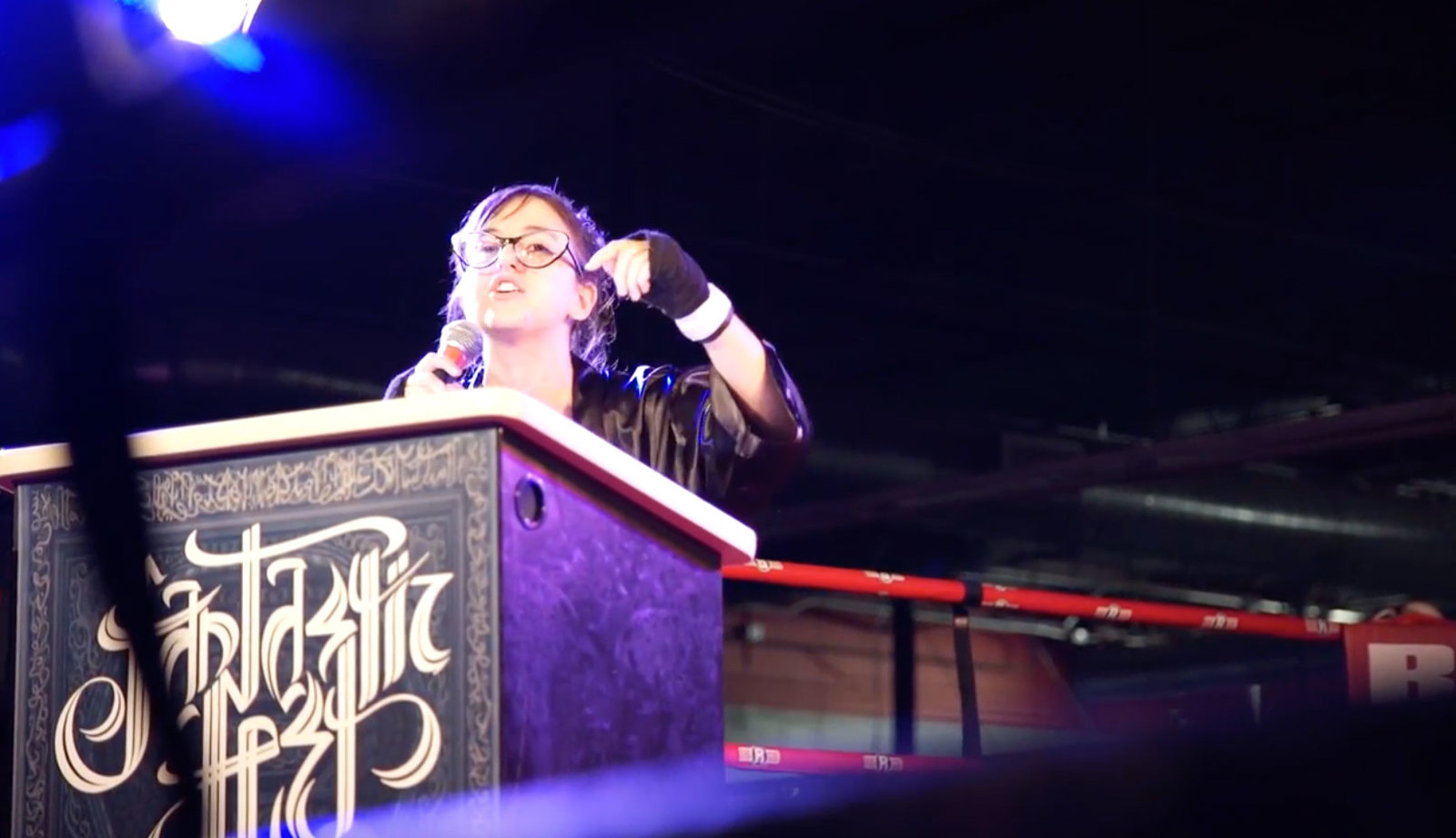
Brown’s words would continue to resonate in the days that followed, after Faraci resigned again, for good this time, and multiple allegations of sexual harassment and assault were made against one of Fantastic Fest's other cofounders, Harry Knowles. Drafthouse and the festival severed all ties with Knowles, who ended up stepping down from the website he founded, Ain't It Cool News, but the damage had been done — the company and the event have had to reckon with regaining the trust of customers, employees, and attendees.
Both the Drafthouse as a chain and Fantastic Fest as an event are branded as havens of unapologetic film geekiness, as spaces where older titles played alongside blockbusters and where movie fandom reigned supreme. The Drafthouse has turned its don't-talk-don't-text videos into viral, celebrity-studded phenoms. Fantastic Fest is as famous for its live events as its horror, thriller, and grindhouse programming, for unique happenings like the Fantastic Debates, in which various industry folks come up in front of the crowd to argue over something film-related and then move their (real or staged) fights into a boxing ring.
But in the wake of so many unaddressed, ignored, or covered-up claims of sexual misconduct, and of someone like Knowles using their power as a culture gatekeeper to get away with allegedly groping, propositioning, and generally discomfiting women, the question of who, exactly, these places are a sanctuary for has become pressing. If, as with Cinefamily, the Fantastic Fest community is supposed to be like a family, it's turned out to be the kind of family in which a handsy uncle keeps getting invited over to dinner, and the women around the table are left to do their best to steer clear of his orbit, or to stop showing up themselves.
Last week, Harvey Weinstein — "the media's white whale," as The Hollywood Reporter's Janice Min put it — was finally brought down by testimonials of at first a few, and then many, brave women.
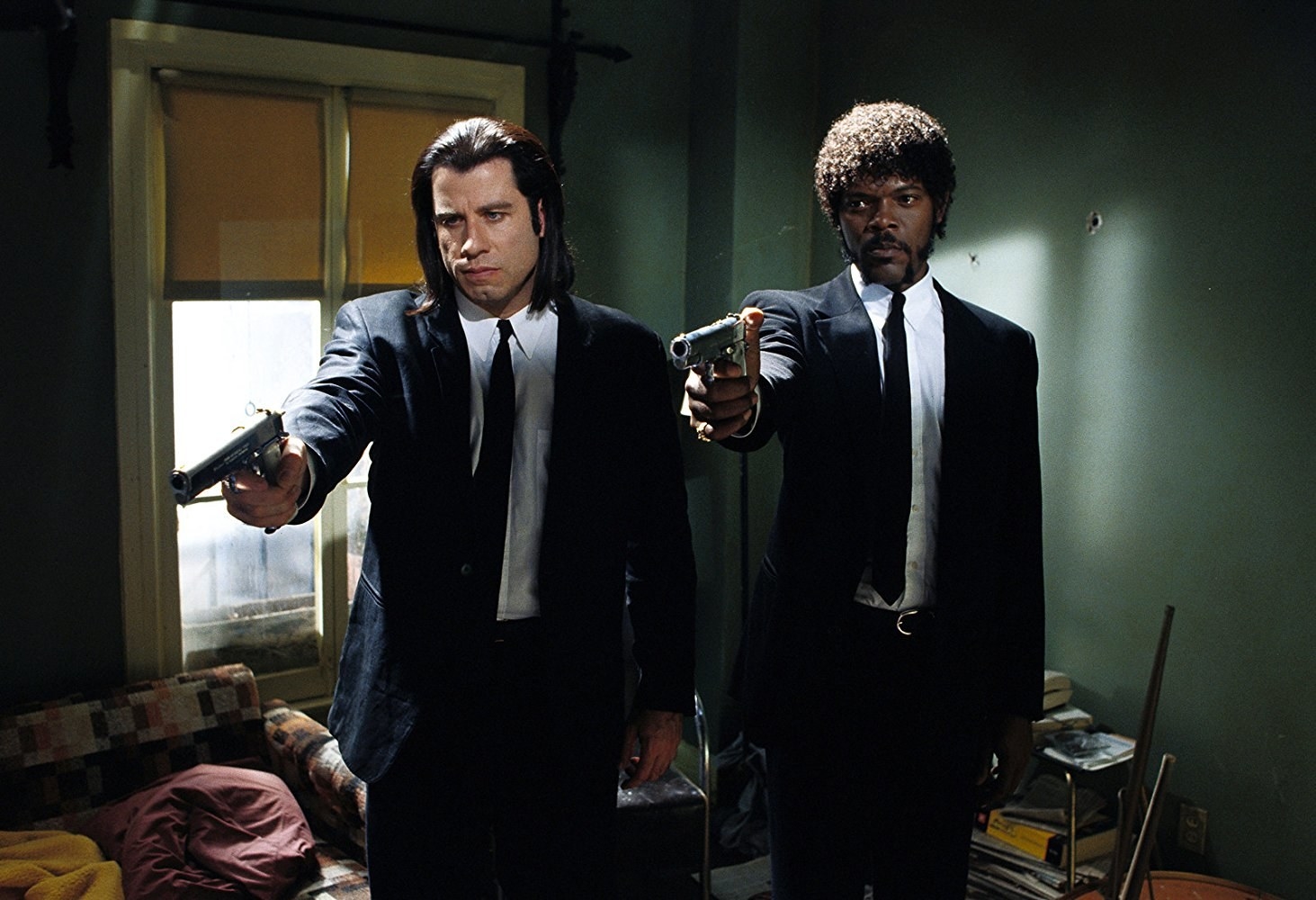
Weinstein's downfall was enabled by a cultural shift in which these women feel more likely to be heard and believed and in which men are more likely to be held accountable — no question. But it's also been helped along by the fact that Weinstein's once-formidable power has faded. We're long past the Miramax heyday of the ’90s, in which Harvey and Bob seemed nigh-invincible. Back then, in the Wild West of indie film, they were able to snap up edgy, influential titles like Sex, Lies, and Videotape and Clerks at festivals and introduce them to suburban cineplexes, and put their own money into financing fare like Pulp Fiction and Shakespeare in Love, films they saw potential in when the big studios didn't.
It's one of the ironies of Weinstein's career that, while he and his company played a huge role in helping establish the careers of directors like Quentin Tarantino and Kevin Smith, he wasn't considered a great friend to filmmakers. He was known for shelving films and for trimming or mangling them, depending on who you talked to, his habit of demanding significant edits earning him the nickname "Harvey Scissorhands." He was famously hard to work with, but people would complain and then go back to him anyway — Miramax and then The Weinstein Company weren't the only game in town, but for years, no one else was as good at taking advantage of awards and news cycles to secure box office returns.
Weinstein's skill with the former sometimes gets him credited with the dubious honor of inventing the modern Oscar campaign. But it's his overlapping talent for PR stunts that could be more queasily impressive. He hired Alan Dershowitz to successfully appeal Clerks' initial NC-17 rating, a publicized battle of bold cinema versus the prudish MPAA that he'd go on to repeat. He screened My Left Foot for Congress and had its star, Daniel Day-Lewis, speak out in support of the not-yet-passed Americans with Disabilities Act. He understood that presenting a movie as politically important could be just as effective a means of marketing as underscoring its importance as a work of art with awards. Of course Weinstein walked in the Women's March at Sundance last year. He knew better than anyone that causes could be good branding. But cultivating a corporate image of progressivism doesn't mean living by those ideals.
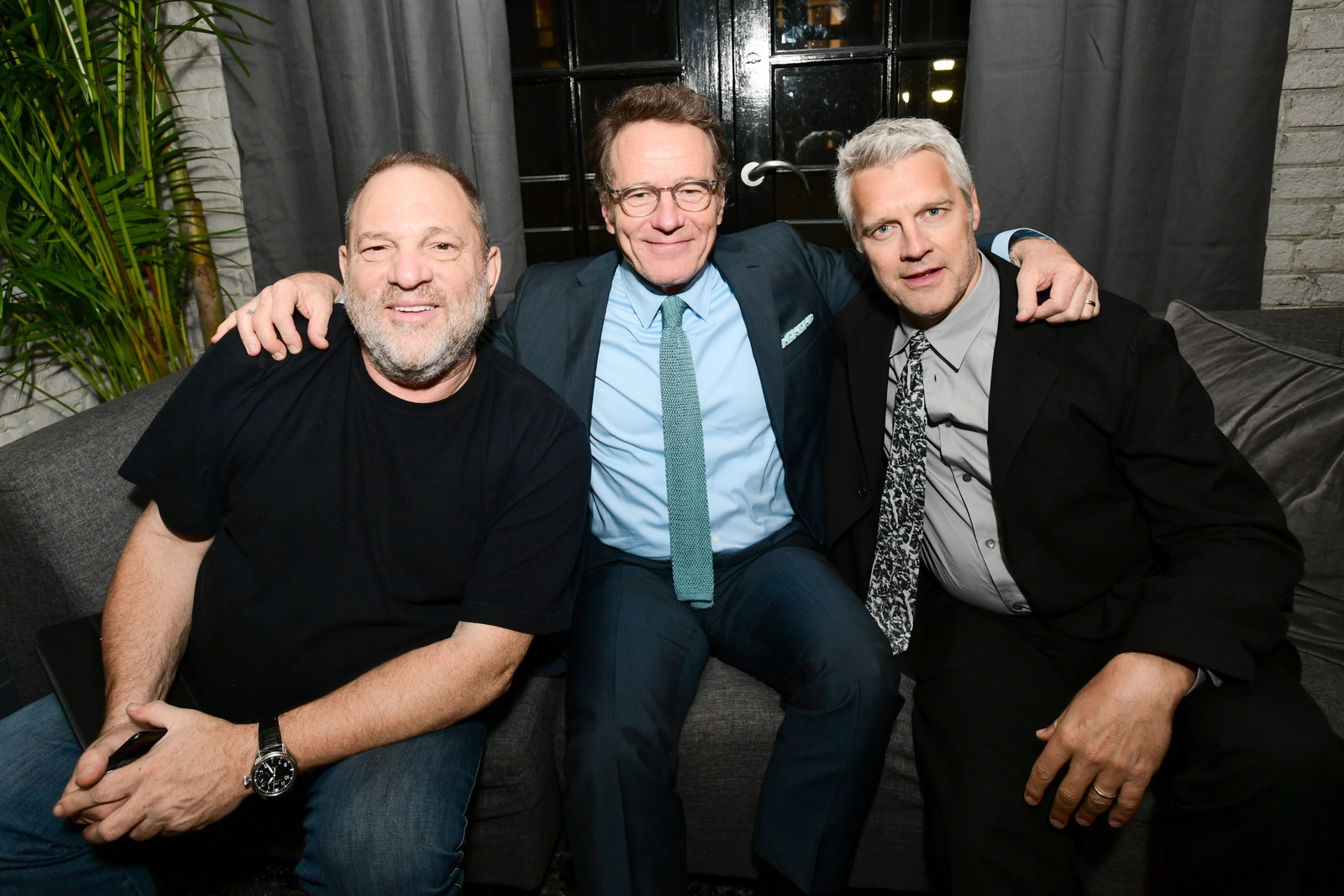
That cynicism could be seen in the mind-boggling public statement Weinstein gave to the New York Times, in which he pivoted from a garbled apology right into a claim that he was going to turn his energies to taking down the NRA, the calculation clumsily apparent. The allegations against Weinstein are a different magnitude than what happened at Cinefamily and at Fantastic Fest, but there are ways in which these incidents fall into a dispiriting line. In particular, there are commonalities in how the value of the films these companies and organizations are dedicated to presenting get used to justify covering up misconduct. A shared love of movies doesn't make misogyny go away, and a sense of community doesn't mean that power won't get abused.
One thing that can be said on behalf of giant corporations? No one would mistake them for friends or for family. The same can't be said for Cinefamily (right there in the name!), or for Fantastic Fest, or, most glaringly, for Weinstein. Gwyneth Paltrow told the New York Times that "I thought you were my Uncle Harvey" was running through her head after he'd made a pass at her, as he has so many women, years ago in a hotel room. "Don't ruin your friendship with me for five minutes," Weinstein warned model Ambra Battilana Gutierrez in audio captured by the NYPD in 2015, as if being coerced into someone's room to watch them shower were an everyday interaction between pals. The indie realm thrives on not having to follow the strictures of the big studio, but there's a huge price that can come with those blurrier boundaries — and in these incidents, it seems like it's always women who are paying it.
And — in these stories, at least — it's the men who manage to show a capacity for denial that approaches cognitive dissonance. Cinefamily's Belove, faced with a multitude of testimonials about his behavior, dismissed them as a conspiracy of "bitter ex-employees and their friends" who "have banded together and sought to destroy Cinefamily through a campaign of false accusations to the media." Knowles kept tweeting about movies while old AICN staffers quit and the Drafthouse cut ties, as if it were all just business as usual, right until he stepped down to let his sister take over the site. And Weinstein is still giving interviews to Page Six, which he told on Wednesday, "I will definitely be back making movies, perhaps in a year, with a new company, once I've been through treatment, taken a long hard look at myself and who I am, and got better." The fact that he thinks that's even possible is a problem.
